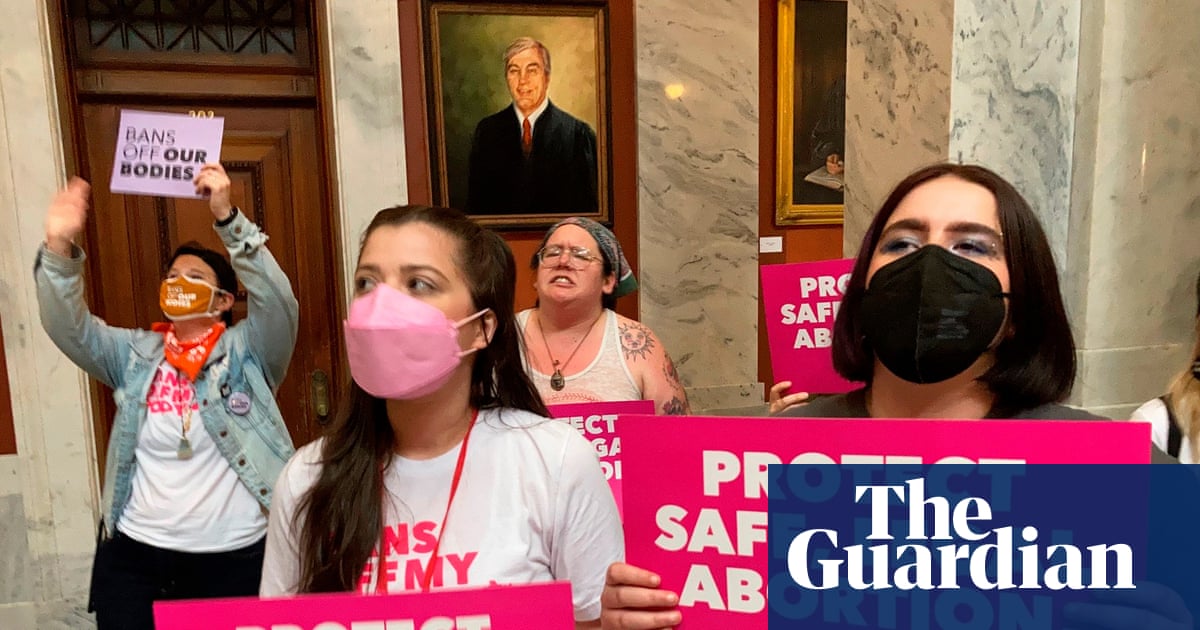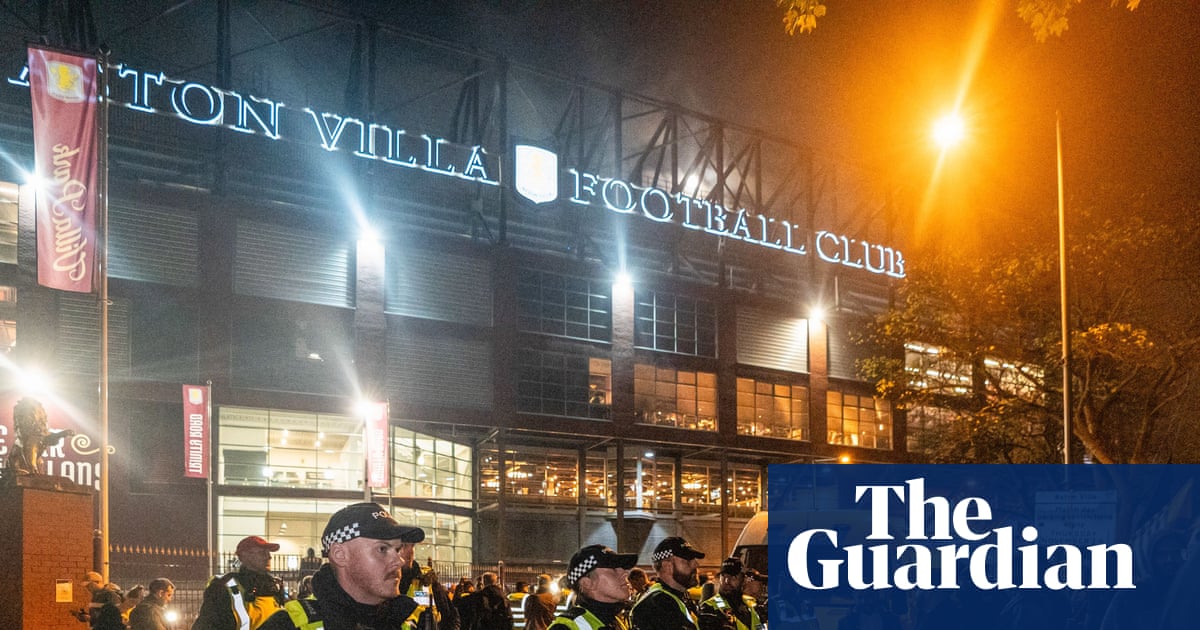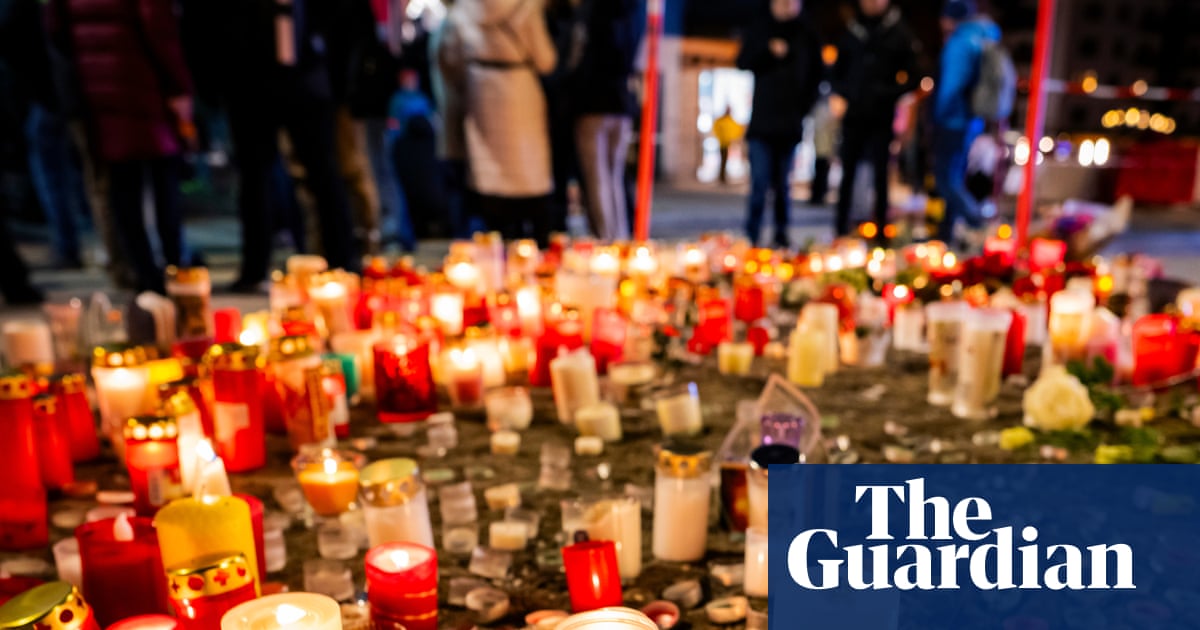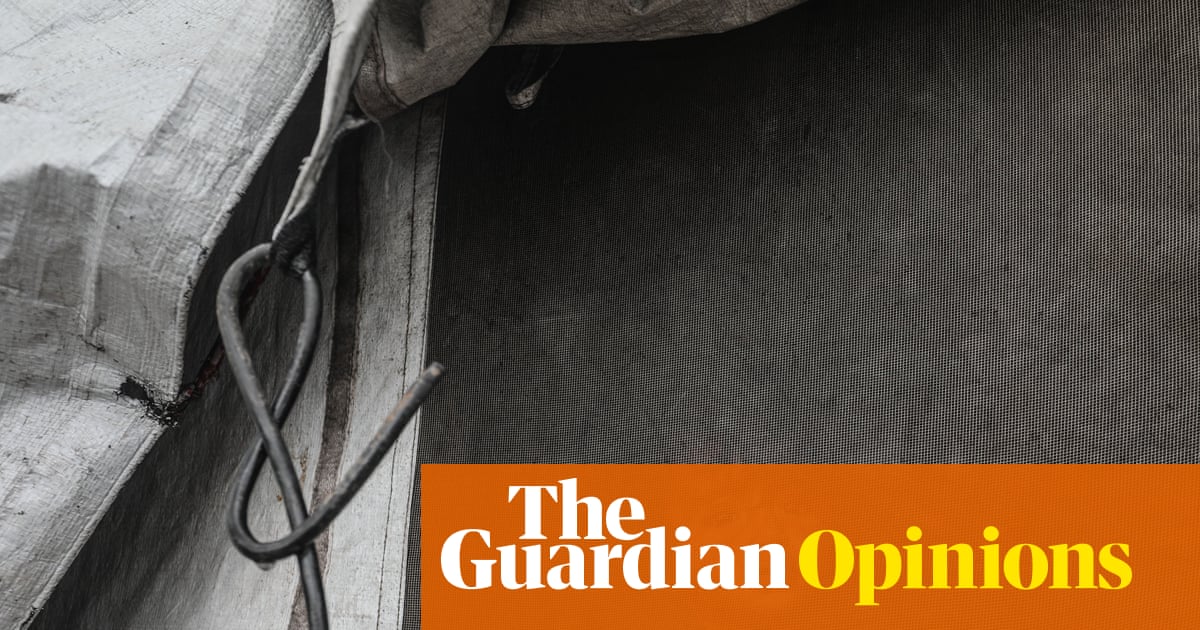These are not the late night wars of old.
Back in the 90s and 2000s, much ink was spilled as the major networks grappled for ratings in the now-quaint real estate of post-11PM programming. Johnny Carson retired. David Letterman jumped to CBS. Conan O’Brien was plucked from obscurity, eventually handed The Tonight Show, and then had it essentially clawed back by Jay Leno for a few more years of appalling hackwork. But in retrospect, maybe the most prescient moments were two that seemed decidedly minor at the time: Bill Maher’s Politically Incorrect was yanked off the air by ABC because Maher expressed an unpopular 9/11-related opinion in a highly understandable context, and Jimmy Fallon playfully tousled Donald Trump’s hair.
Those events don’t do everything to explain the current barren late-night landscape, but it does feel like the so-called late night wars have started to resemble a genuine battlefield – not in the sense that lives hang in the balance, but in the sense that after major skirmishes, there tend not to be much of anyone left. (And the appeasers benefit, at least in the short term.) Just a few months after Stephen Colbert’s Late Show – the one created for a ship-jumping Letterman, no less – was canceled by CBS, ostensibly for budget reasons but very likely to help smooth the prospects of a big Paramount merger, ABC has taken Jimmy Kimmel Live! off the air indefinitely.
The ostensible reason is that Kimmel expressed disrespect to the late Charlie Kirk, a professional bigot who was senselessly gunned down at a public speaking engagement. This has been chosen by station owners because it sounds vaguely plausible, if still enormously stupid. Kirk was a public figure, and questioning his legacy (which is very different from questioning the horrifying violence of his death) is not out of bounds by any reasonable American standard. Even stupider: Kimmel didn’t actually do this! After Kirk’s death, he expressed sincere condolences on-air to the man’s family and described the murder as “senseless”. On the subsequent episode in question, Kimmel said this:
“We hit some new lows over the weekend, with the Maga gang desperately trying to characterize this kid who murdered Charlie Kirk as anyone other than one of them, doing everything they can to score political points from it. In between the finger-pointing, there was grieving – on Friday, the White House flew the flags at half-staff, which got some criticism, but on a human level, you can see how hard the president is taking this.”
He then threw to an already-famous clip of Donald Trump reacting to a question about his grief over Kirk by cheerfully discussing his plans to build a White House ballroom. As has happened repeatedly with Kirk’s own words (which Kimmel didn’t get into at all), describing something Trump and others did got Kimmel accused of cruel insensitivity. Trump’s FCC chair Brendan Carr focused on Kimmel’s introductory remarks, which he willfully interpreted as an implication of the shooter’s political affiliation.
Never mind that nearly the entirety of the news media was making similar speculations in every direction; that Kimmel is not a newsman; and that Kimmel was describing the Maga version of this far more than he was making a statement of his own. The point is, he said something that not every single person watching would agree with, and it tangentially involved Charlie Kirk. Clearly, he had to go. Sinclair Broadcast Group, a corporation that owns hundreds of individual TV stations and has their own mergers and acquisitions to think about, announced they would pull Kimmel from their ABC affiliates, and soon the network at large followed suit, despite reports that many of their executives failed to see anything line-crossing about what Kimmel said.
Which brings us to those quaint late-night skirmishes of yesteryear. Maher was canceled – literally canceled, not social-media canceled – for arguing that the 9/11 hijackers, reprehensible as their actions were, weren’t necessarily cowards. In retrospect, this has to be in the bottom quartile of stupidity so far as Maher ideas go. But ABC, perhaps wanting to clarify what cowardice looked like, simply decided it wasn’t worth the trouble to keep their fighting-for-third-place political chat show around. And in the long run, they were absolutely right – not to cancel a TV show over an off-the-cuff opinion, not even to punish Bill Maher (an understandable instinct), but that capitulation was the way of the future. Kimmel, a middle-of-the-road and decidedly non-incendiary liberal, has been all-but-canceled for suggesting right-wingers were scoring points off of a man’s death.
The real problem is that Kimmel and Colbert didn’t get the message sent up by Jimmy Fallon’s white flag in 2016, when he treated Trump, campaigning for the office of president on a platform that included inciting fear and hatred of immigrants, as a fun, good-humored guy, lightly messing with him by asking to touch his famously dodgy-looking hair. It was cringe-inducing at the time, grosser after a normalized Trump won the presidency, and now seems like the standard Trump’s regime expects going forward: Sure, you can pretend to make fun a tiny bit, but we’re gonna need you to capitulate. Colbert and Kimmel – and I can’t believe I’m saying this about two relatively milquetoast, middle-of-the-road network-TV late-night hosts – didn’t capitulate, and they paid the price. If Kimmel’s indefinite suspension sticks, Fallon will soon be the only one left standing in the networks’ 11.30pm programming slot.
Though there’s little indication that the public at large agrees with this turn of events (are there Fallonheads who feel unbelievably psyched that he may have the field to himself, at least until Trump and FCC sets their sights on him?), that it was even considered a plausible course of action indicates a major shift in the parasocial dynamics of entertainment. Part of the reason late-night dominance was so desirable was because it was habit-forming; networks knew that viewers with an affinity for a particular comedian/host indicated a long-term loyalty to a figure they’d, in old-timey TV parlance, invite into their homes on a nightly basis.
Part of that unofficial late-night-host contract was a tacit agreement allowing for relatively toothless jokes whose basic premises that individual viewers might not necessarily agree with politically, like “Bill Clinton is a horndog” or “George W Bush is kind of dumb,” under the auspices of superficially harmless (or sometimes just superficial) both-sides fun. As that position has been largely usurped by podcasters like Joe Rogan, the lack of desire to nitpick these entertainment friends remains, even as the jokes disappear; Rogan can say the most ill-informed or flat-out incorrect stuff in all sincerity, and have it somehow fall under the broad heading of “just talk”. Under this new social contract, Charlie Kirk has mystifyingly achieved barely-secular sainthood despite (or, for some people, because of) saying some of the most vile things imaginable about large swaths of the American public. The perception, however incorrect, that Kimmel said something against Kirk (which would be very much in-bounds for a public figure, deceased or not) presents an easy opportunity for one form of parasocial relationship, and free speech, to overtake another.
Of course, there are more important norms being eroded or flat-out destroyed by Trump and his corporate cheerleaders than just “there used to be a bunch of late-night network talk shows”. There’s nothing particularly sacred about Kimmel’s job unto itself, though the hundreds of people who work for his show might reasonably disagree. What’s sacred is the idea that citizens of the United States aren’t watching state TV, their leisure time remade in the image of The Apprentice himself. It didn’t stop at Colbert, and it won’t stop at Kimmel. With late-night network shows decimated by Trump lackeys, maybe viewers can look forward to FCC-mandated hair tousling in prime-time next.

 3 months ago
71
3 months ago
71

















































